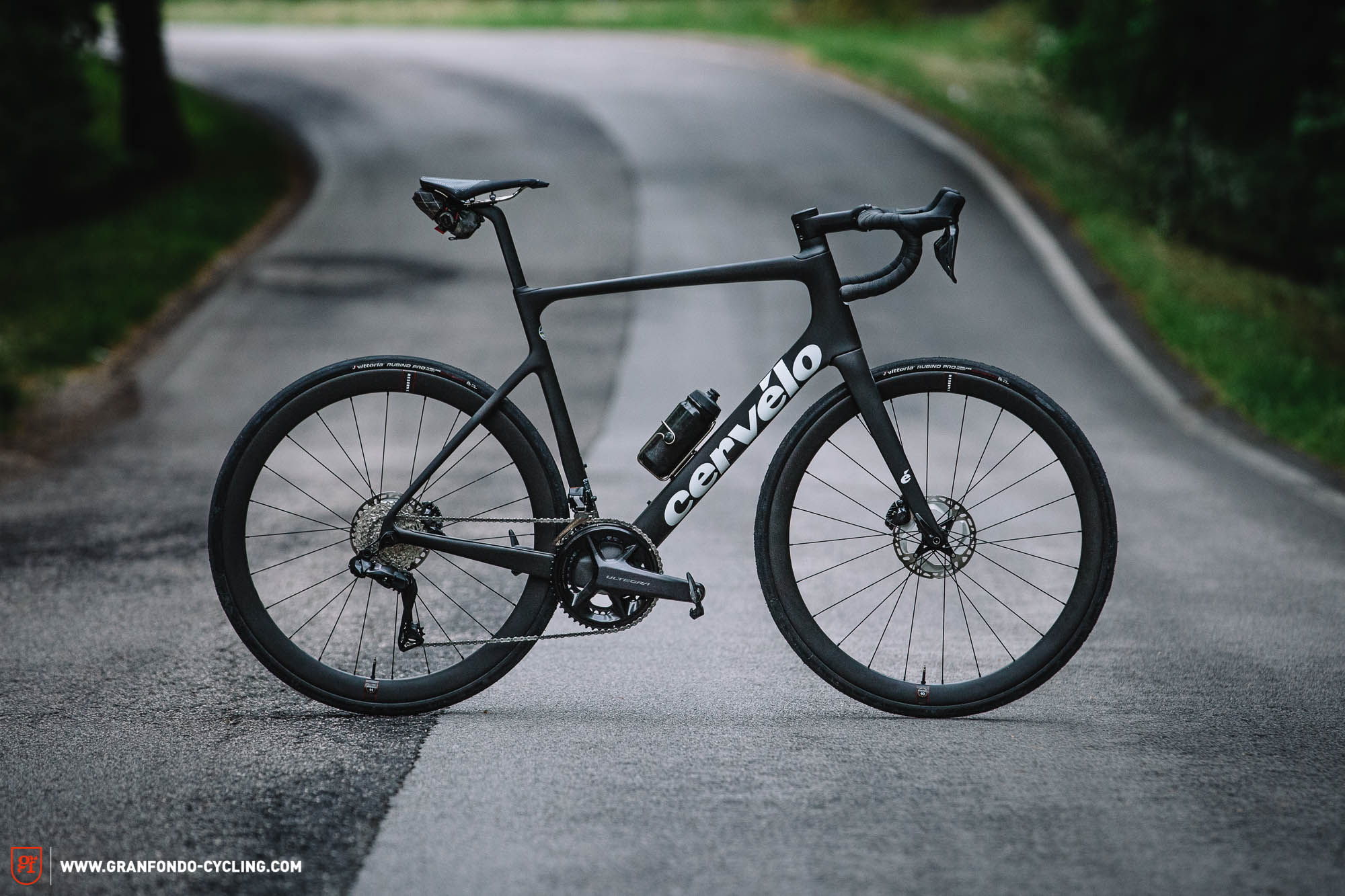So as I understand it basically the indigenous population doesn’t want to allow voting rights for all people living on the island because they think most people will vote with the French and not the Kanaks on issues. Although nothing I’ve read or watched actually gives an example of what sort of policies they are talking about. Just emphasizes that the Kanaks are poor and the French and other immigrants are better off.
So basically the argument seems to go that because of colonialism democratic principles should be abandoned.
Some of what you wrote is true, but your summary at the end is not really a fair characterization of the situation.
France helps itself to the island in the 1850s, only 170 years ago. Indigenous people suffer discrimination, racism, oppression and poverty. France, in recent decades, begins to give them more autonomy, but the indigenous people have mostly boycotted the recent referenda for independence and still face large differences in living and wealth standards, despite the island’s mining and tourism industries.
Then France autonomously just passed a law that would give many French expatriates living there the right to vote, all but eliminating any chance of the indigenous population to vote for their independence.
Even that is a simplistic overview, but it’s hard to just criticize the indigenous people for not wanting to grant more “foreign oppressors†(in their view), the right to vote.
From what I’ve read it was only the 3rd referendum for independance that the Kanaks boycotted after the vote going for remaining part of France for the first two. So then to me it becomes a question of how long are you going to disenfranchise people living there who should have some say in governance through voting? If the Kanaks have a good case for independence from France then that should be made and people can choose to vote the way they feel is right.
But what if the majority is enacting policies they believe are unfair or discriminatory? Majority rules and fuck em?
Of course not, there should be laws in place to protect basic rights. I’ve not read anything that has claimed that is the case. Do the Kanaks not have the same basic protections that all French citizens have?
Protections, or policies that help to reduce inequalities that have existed for decades?
There are parallels to black Americans, and just now the US Supreme Court approved a congressional map previously deemed to dilute black voting rights…
I think whatever actions the govt. can take to reduce those inequalities would be a good thing, but it’s unethical to do so by depriving others of their rights, in this case, to vote.
Do you think it would be fair for say the black people of Alabama to disenfranchise recent Mexican immigrants because they feel that if they were allowed to vote it wouldn’t be in the interest of the black population?
Of course reducing inequalities is a good thing for the native people, particularly in light of the fact that the colonialists are the ones who created those inequities, and still control the government.
Your analogy would be better if you argued that European colonialists in America should be able to continue to oppress Native Americans because they are the majority. It’s a democracy, after all, so the majority can enact whatever policies they want to.
I don’t think that is how it works, is it? I’ve not read anything about the Kanaks being oppressed beyond many of them want to be independent of France but the majority of people living on the island don’t, so they want to limit who can vote in an effort to I guess eventually swing the tide toward a vote for independence.
Do you think as a basic principle in a modern democracy that the rights of some citizens should be violated in an effort to appease some other citizens who feel hard done by because of past wrongs? Mind you in this case, as far as what I’ve read, we’re talking about to a significant degree not allowing non-French immigrants the right to vote. So even if you believe in some sort of cultural inheritance of guilt for past wrongs, a lot of the people being denied their rights aren’t even part of that culture.
